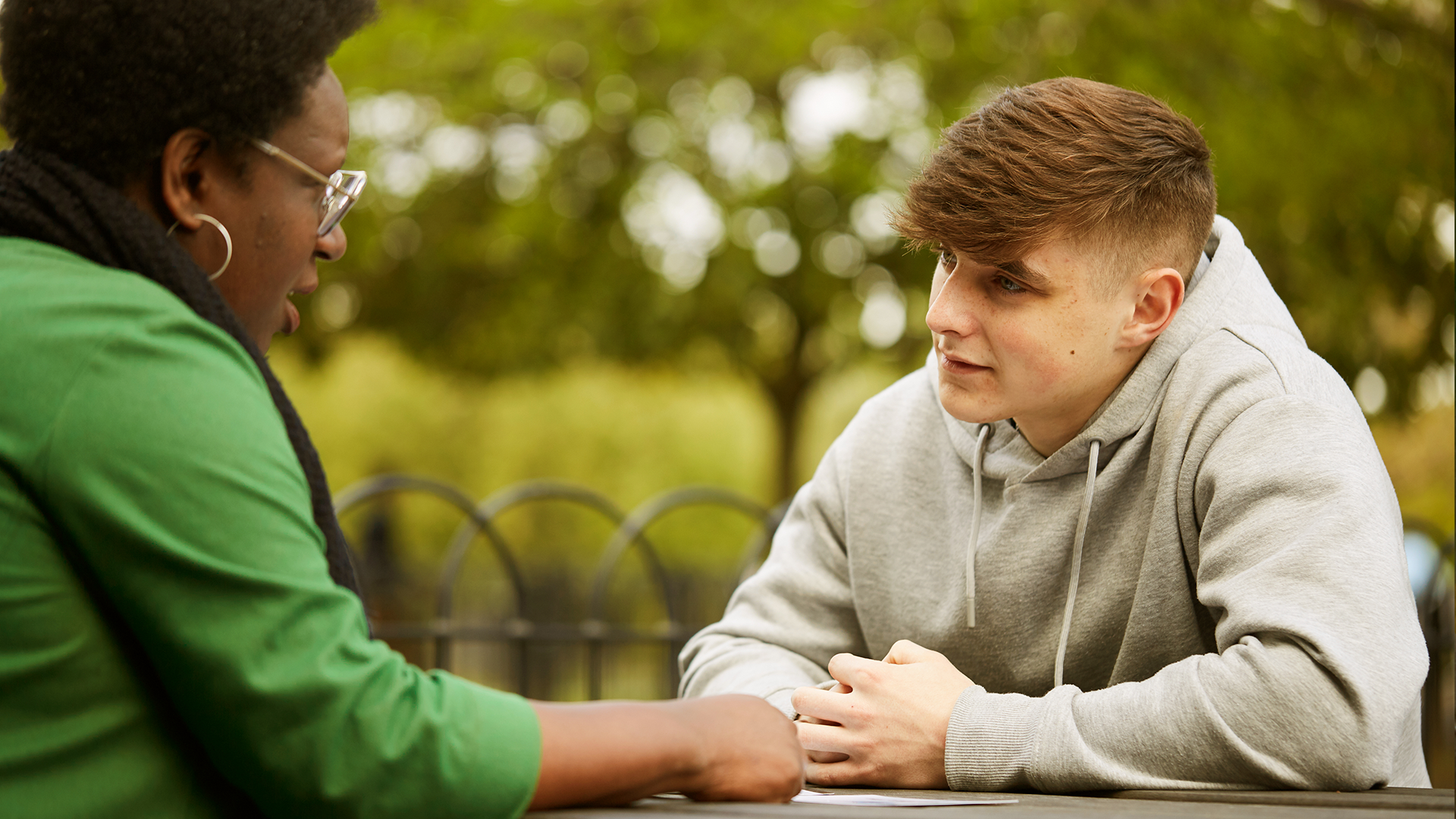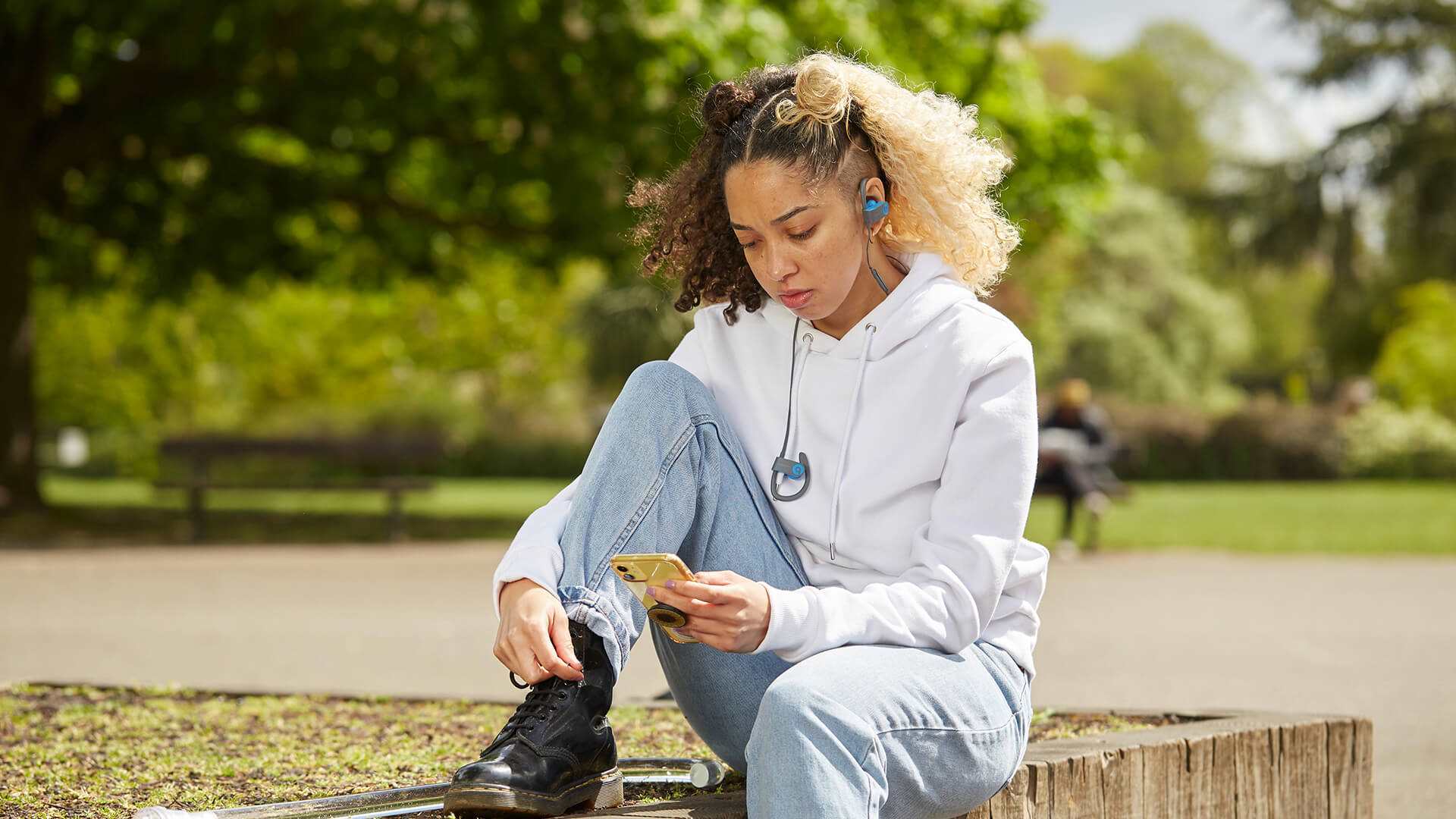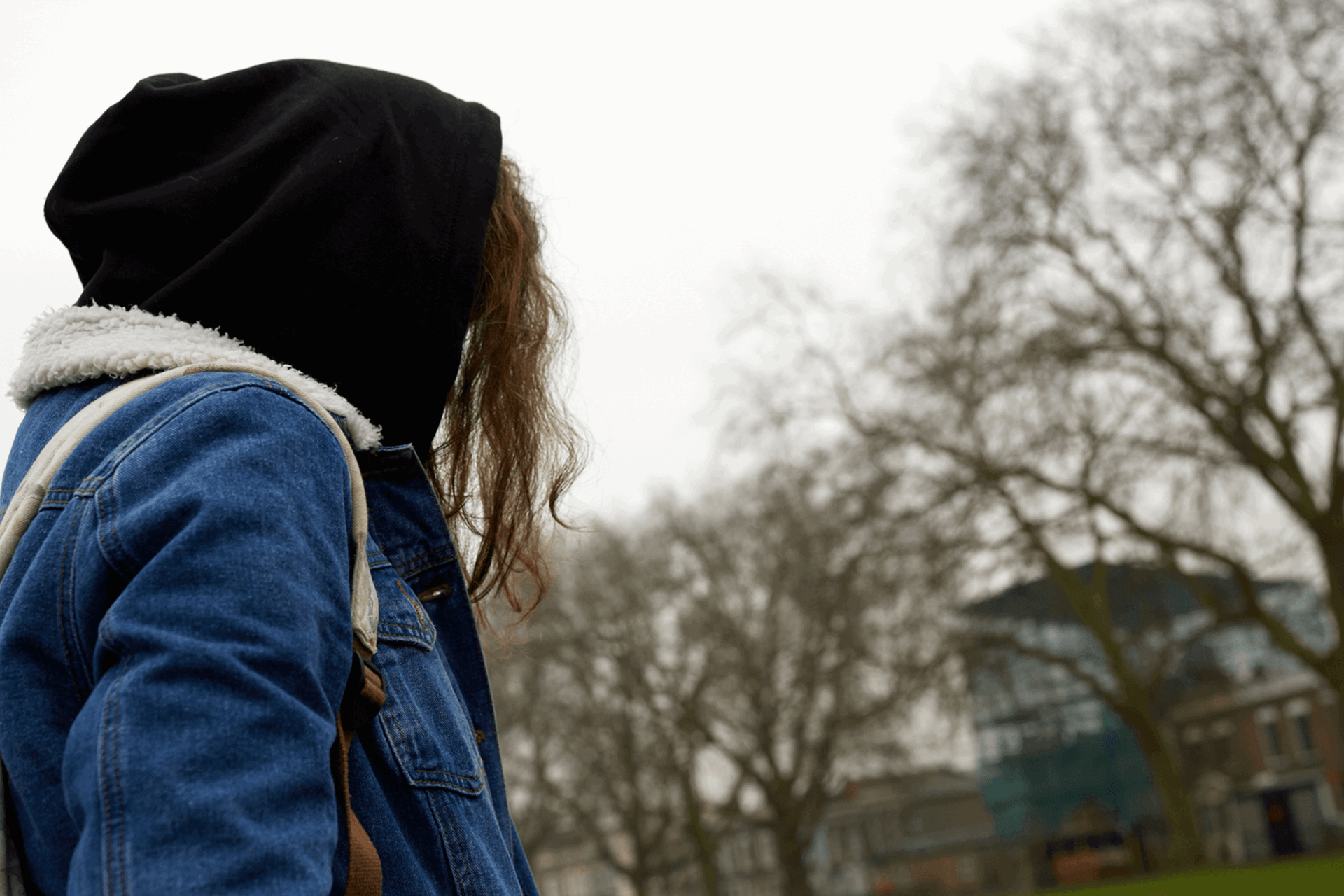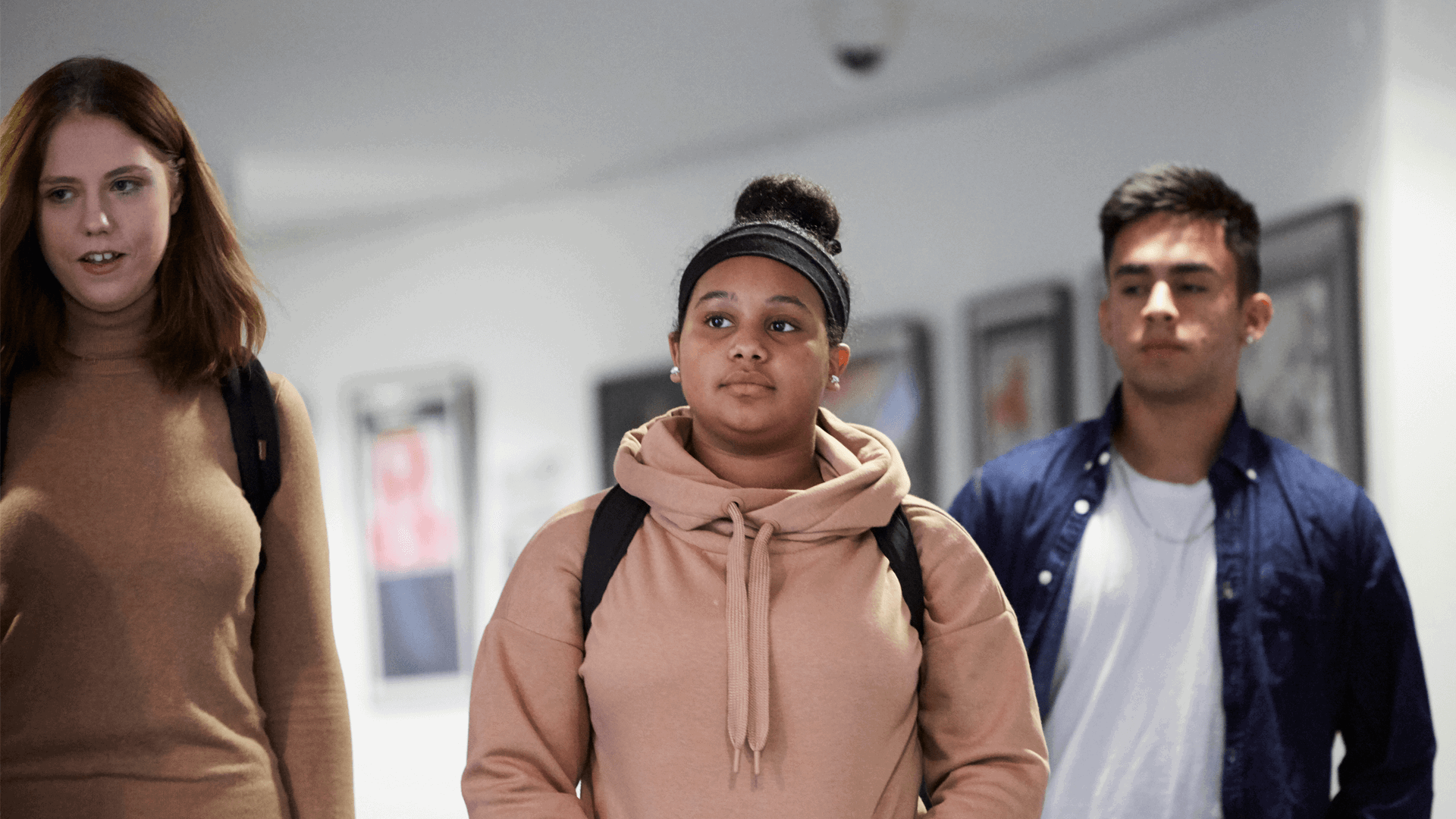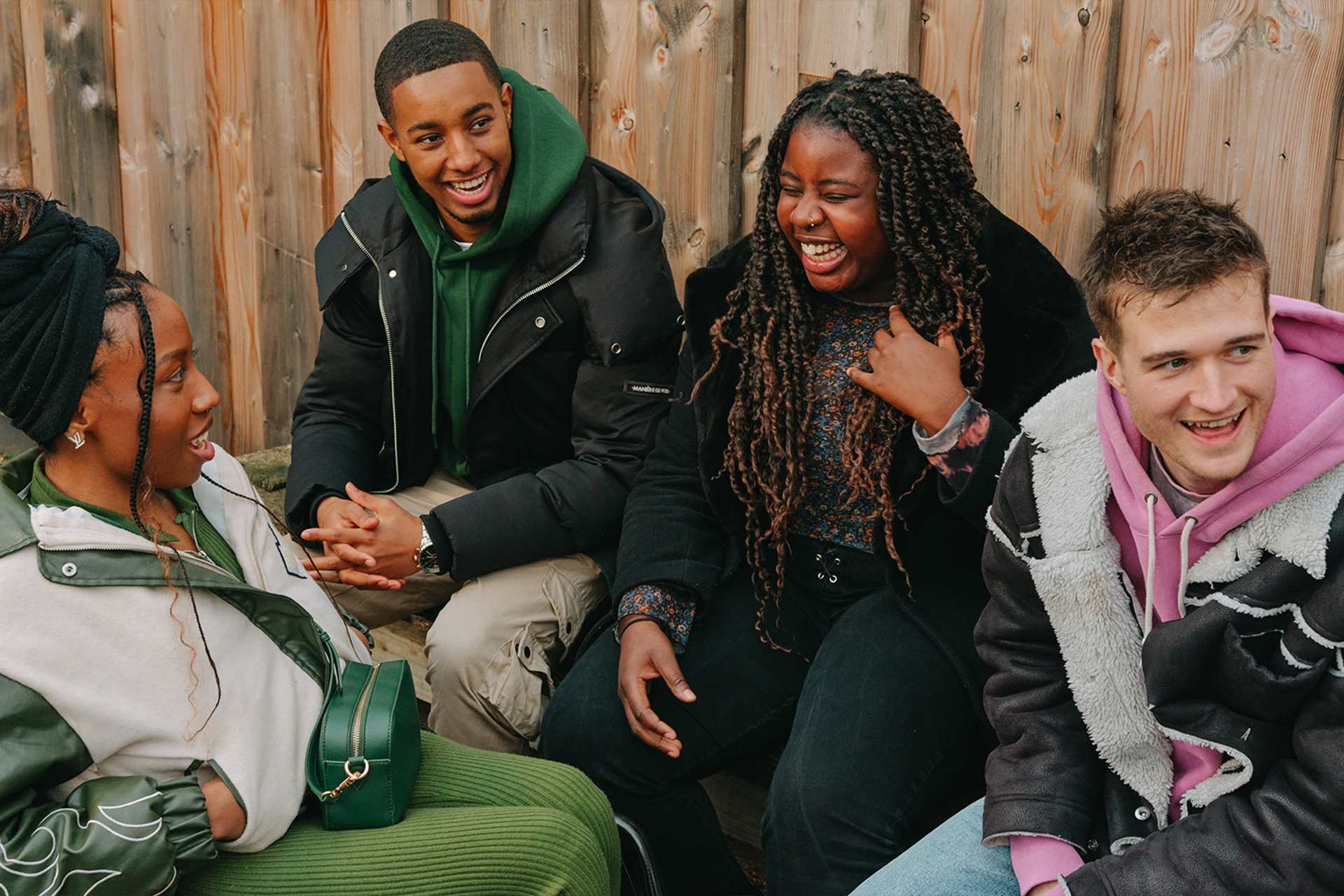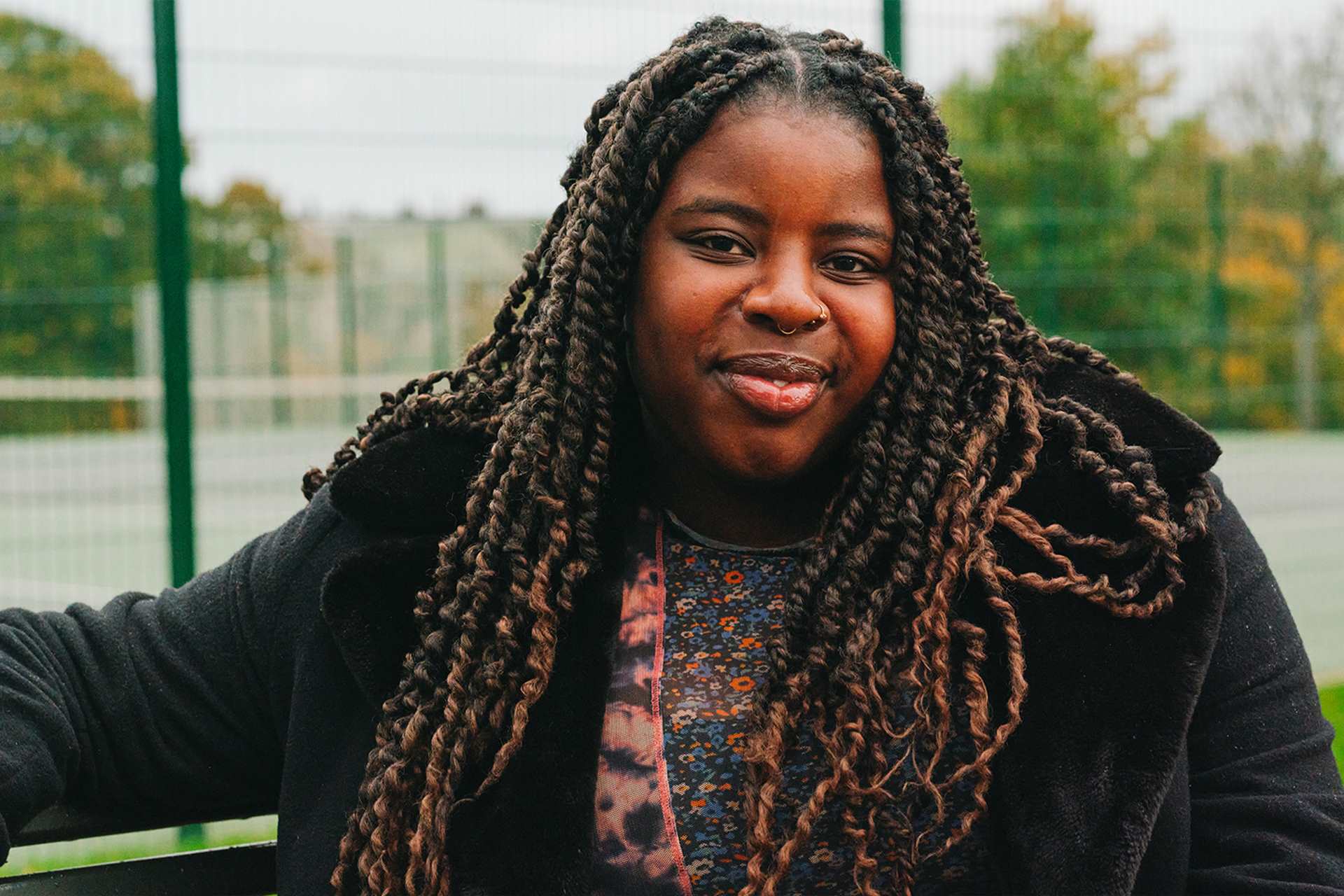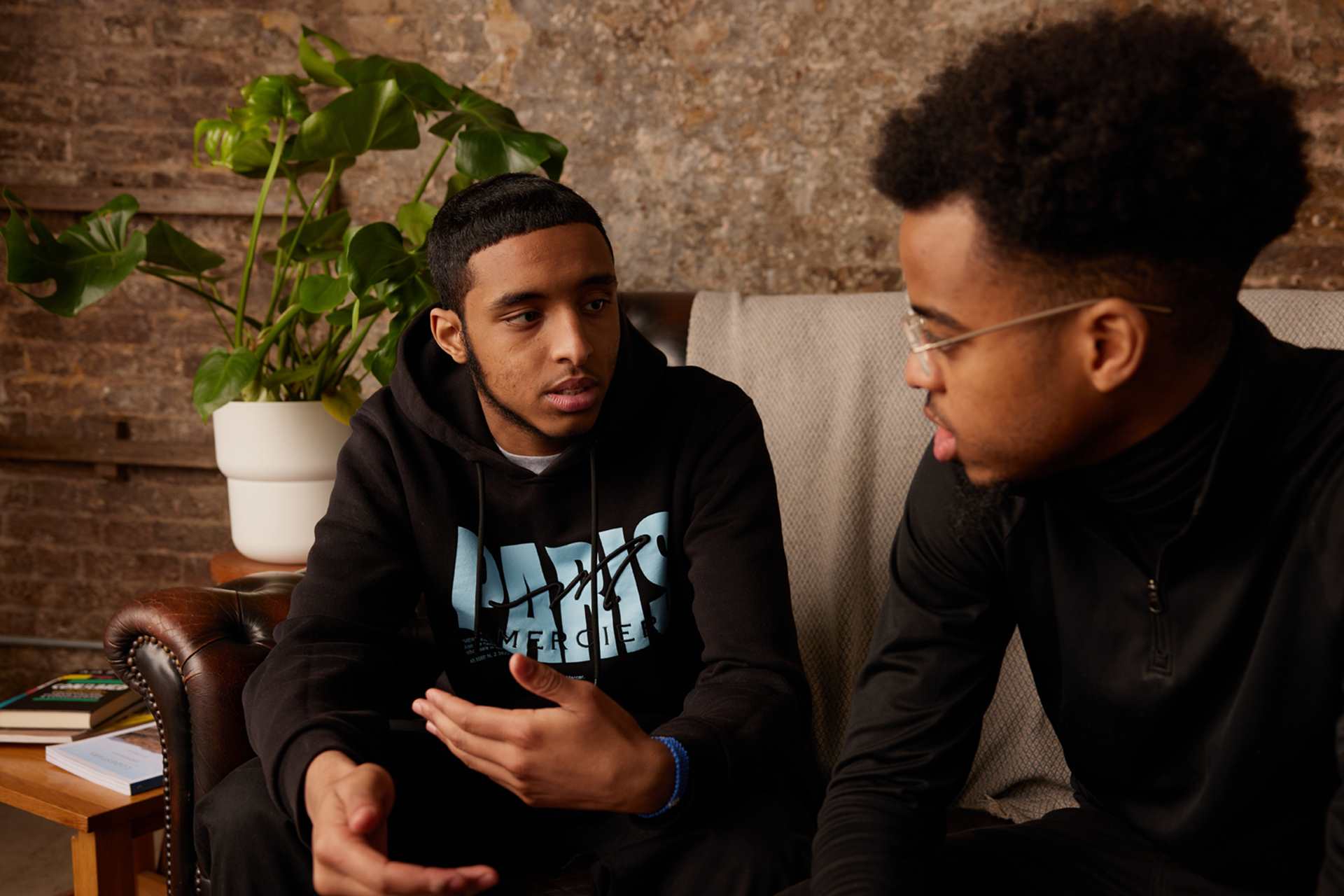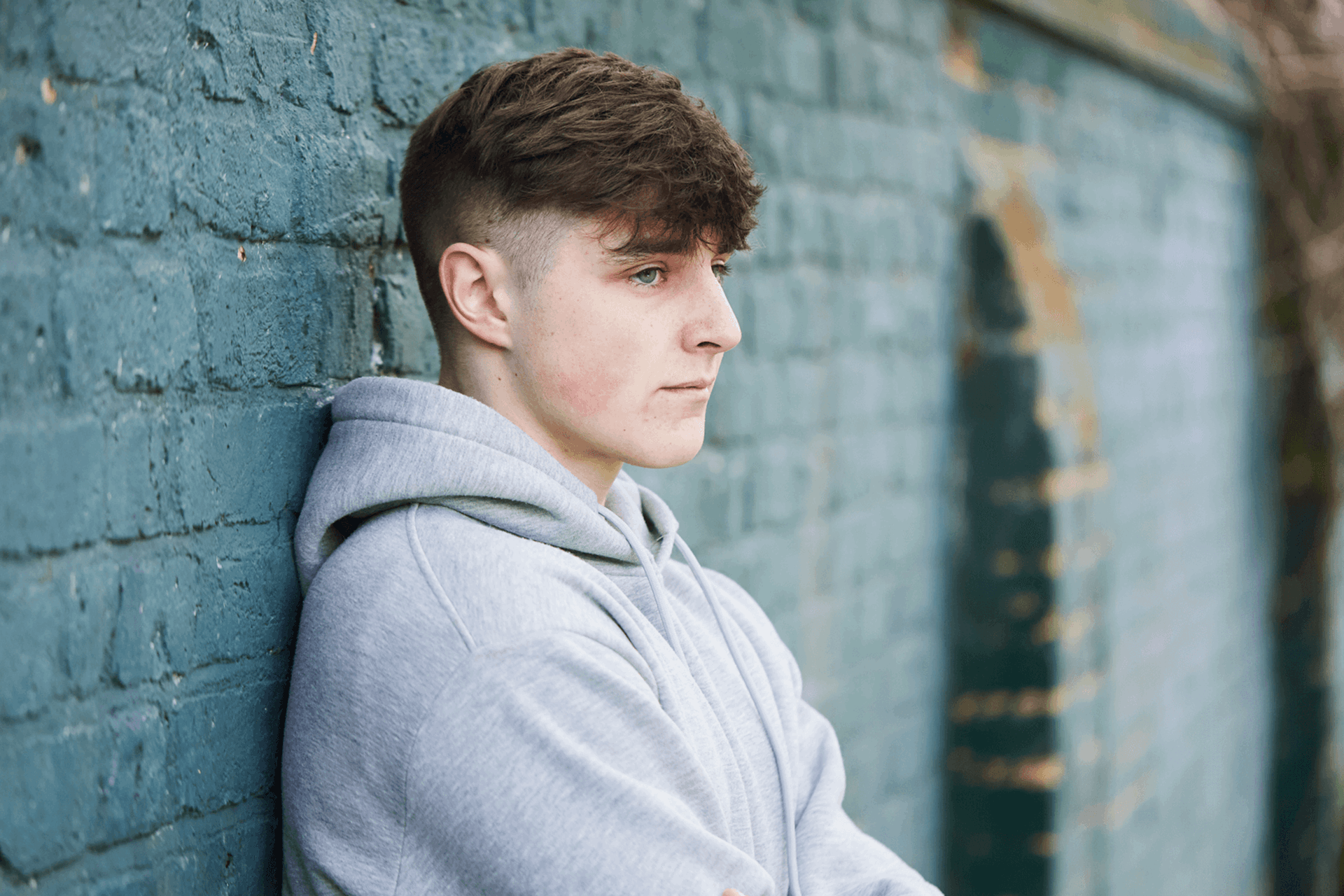Extra advice on social media
-
Social media can be a great way to connect with friends, find out what’s going on and keep up with trends. But it can also make you feel lonely, especially if you compare yourself with influencers or people’s picture-perfect lives.
Even if you have lots of friends or feel happy in your social life, you might still compare yourself to other people. If you’re already feeling lonely or low, this can feel much harder, and it make it tough to know who to reach out to. But remember that people don’t always post what’s really going on in their lives online.
If social media helps you to feel less lonely, that’s great. But if it’s making you feel worse, our social media and mental health guide might help.
